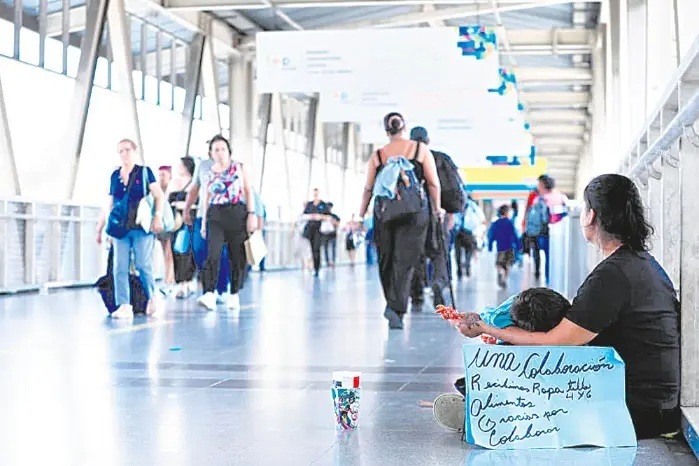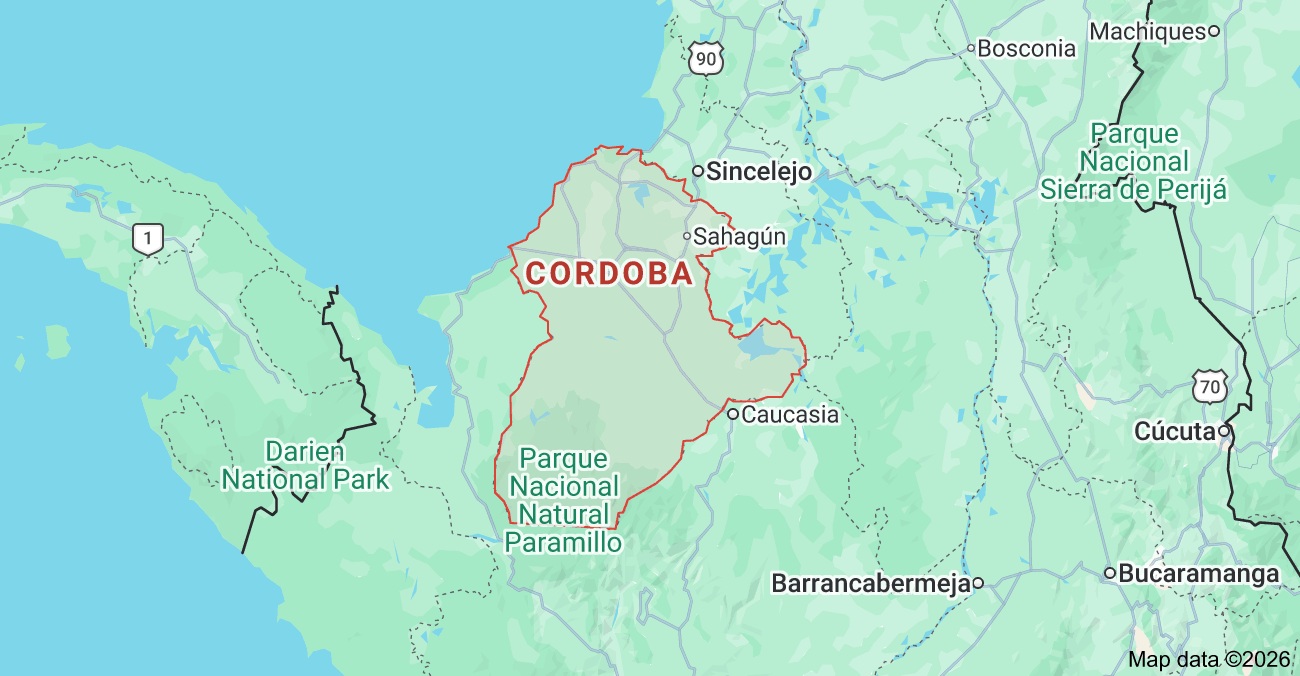WORLD VIEW, Hypocrisy and opportunism

WHEN my older sister who lives in Germany came to Indonesia recently, we gave her the royal treatment. Well, she’s family after all, and had not visited in 12 years.
So if a family member hadn’t visited in 47 years, the royal treatment would be quadrupled, right? Well, that’s how long it had been since a Saudi monarch had come to Indonesia. The last time was the visit of King Faisal in 1970, so when King Salman of Saudia Arabia came in February the reception was pretty over the top.

Family member? Yes, being Muslims, we are all members of the ummah (community of Muslims), which for some is even more meaningful than being connected by blood. Our qibla (direction Muslims face when praying) is toward Mecca, but more than that, lately Saudia Arabia is our qibla for many things we consider to be part of our Muslim identity. Arabic-style attire is one example, but more importantly is the adoption of a more rigid and literal interpretation of the Quran than the moderate Islam Nusantara (Islam of the archipelago) that Indonesia is famous for.
King Salman is one of the richest world leaders and, boy, did he ever show it! An entourage of 1,500 in eight wide-bodied jets, a few limousines and two gold-plated escalators — because of course, one isn’t enough, right?
We lapped it all up and various Indonesian dignitaries and political leaders were falling over themselves to pay obeisance to the custodian of the holy cities of Mecca and Medina that Muslims make pilgrimages to. Well, at least we got the extra haj quota we were hoping for.
So why did he come after all this time, and at the age of 80, when most octogenarians would be ensconced in rocking chairs, especially after a stroke he had recently? Is it simply “the ties of Islam?” In economic terms, the visit to Indonesia did not do much to boost the relationship, which has never been fast and furious in any case .
Cultural imperialism
For almost 40 years, Saudi Arabia has imposed a kind of cultural imperialism in Indonesia by pouring in money which essentially has been exporting their brand of Salafism, a strict and dogmatic version of Islam. Millions of dollars produced hundreds of mosques, schools, a free university, provided teachers, scholarships and much, much more. Will this now change? Whatever the case, the investments have already made an impact.
Despite the ostentatious display of wealth because of falling oil prices, Saudi Arabia is going through a recession. Hence the ambitious one-month tour, not just to Indonesia, but also to Malaysia, Brunei, Japan, China, the Maldives and Jordan. Obviously, the trips to China and Japan have nothing to do with Islam, but are an attempt to look for partners and investors in the Asia-Pacific region to lessen Saudi Arabia’s dependence on oil revenues.
Besides China overtaking the United States as a big net importer of crude oil in 2016, there are also geopolitical considerations. With the uncertainty that comes with the Donald Trump presidency, China can certainly be seen as a counterweight to the US for Saudi Arabia’s foreign policy.
Terrorism
What about terrorism? That was mentioned too in King Salman’s underwhelming two-minute speech at the House of Representatives — which sounded more like the speech of a Miss World contestant — to stand united against global challenges, in particular against the “clash of civilizations”, terrorism and to work together to achieve world peace.

Funny that. Is decimating Yemen a way to achieve world peace? Saudi Arabia committed crimes in Yemen as evidenced by the destruction of infrastructure and the killing of thousands of innocent civilians, including children.
Addressing visiting members of the Supreme Revolutionary Council of Yemen, Ali Larijani, the Iranian parliamentary speaker, said, “The scope of destruction is unprecedented in history and this clearly shows that Saudi Arabia is a rogue state in the region.”
As for the clash of civilizations, it’s more like a clash of ignorance, which is the title of the essay that Edward Said wrote to debunk Samuel P. Huntington’s 1993 Foreign Affairs article entitled “The Clash of Civilizations.” The hypothesis is that people’s cultural and religious identities will be the primary source of conflict in the post-Cold War world.
Oh really? Is that why the US and the United Kingdom provide the arms used by Saudi Arabia to crush Yemen? Because, of course, Saudi Arabia is the US’ ally in the Middle East, maybe a bit less so after the US betrayed them by making deals with Iran, Saudi Arabia’s main rival.
But even if King Salman repeatedly listened to Paul Simon’s “Fifty ways to leave your lover,” Saudi Arabia could not break up with the US because it still provides them with the best weaponry and spare parts too.
Evolution
But, Saudi Arabia is not all it appears to be. It’s not by any means revolutionizing, but it is evolutionizing, as Ameera al Taweel said.

The 33-year-old drop-dead gorgeous US-educated princess, businesswoman, high-profile women’s advocate and humanitarian philanthropist is the ex-wife of Prince Al-Waleed bin Talal, 60. He’s one of the more progressive of the thousands of princes of the Saud family and one of richest men in the world, who is planning to give away his US$33 billion to charity when he dies.
And would you believe that there’s a vegan Saudi prince who wants to veganize the Middle East? Meet Khaled bin Alwaleed (son of Al-Waleed bin Talal), 38, handsome and a fervent environmentalist who believes that “Climate change and the unjustified consumption of energy are two of the most serious issues we face today at the macro-level.”
Hope he’s saying this to his gas-guzzling compatriots as Saudia Arabia is the world’s largest oil producer, but also the world’s sixth-largest consumer.
Then there’s Ahmed Qassim al-Ghamdi, formerly an employee of the Saudia Arabia’s religious police who had a life-altering experience when he turned to the Quran to study the stories of the prophet Muhammad and came up with the conclusion that being Islamic is about being more liberal. No need to close shops for prayers, to cover women up, or to ban women from driving. Unsurprisingly, death-threats dogged him after he made these statements.
Like Indonesia, Saudi Arabia has a demographic bonus: Sixty percent of the population is under 30. Like Ameera and Khaled, they are connected to a globalized world and they will rebel against the strictures of the Islam espoused by their forbearers.
Change in Saudi Arabia seems inevitable, as it is becoming more progressive, climate-conscious and is espousing “Western” notions of rights (which the US under Trump seems to be abandoning), while Islam in Indonesia is becoming more Arabized and conservative.
Ironic or what?
Julia Suryakusuma is a columnist, researcher, author of “Julia’s Jihad” (2013) and several other books. She is based in Jakarta.





